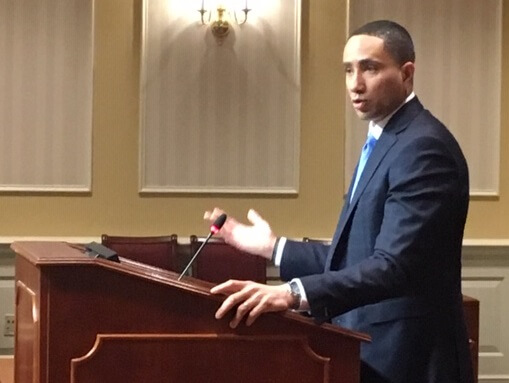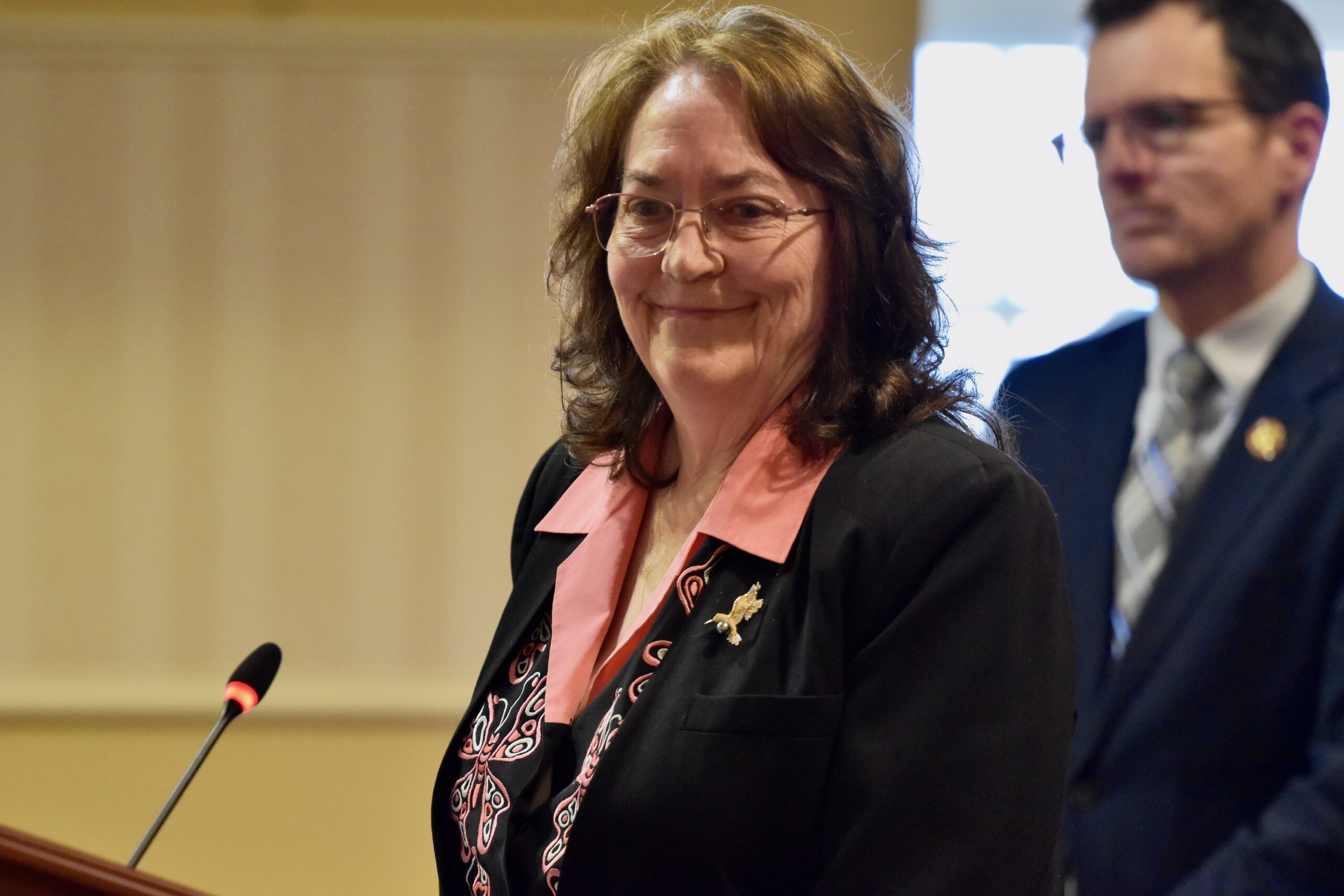
A key Senate committee voted Friday afternoon to send an aid-in-dying bill to the chamber floor, but advocates on both sides are unhappy with the legislation.
The Senate Judicial Proceedings Committee considered more than 50 proposed amendments to the bill and incorporated about two dozen changes.
The bill, which has failed to gain traction in three of the past four years, was passed out of the House of Delegates earlier this month after an emotional 74-66 vote.
The bill is expected to reach the Senate floor on Monday night.
In general, the bill allows terminally ill competent patients to access a lethal dose of medication to end their own lives, but the Senate version of the legislation is substantially different than the measure passed by the House.
The Senate committee added amendments that raise the age limit for access to the prescription to 21; mandate a mental health assessment; require doctors to provide patients with a list of all other available treatment opportunities; and remove immunity clauses for doctors who choose to offer the prescriptions.
Physicians and pharmacists are not required to take part in writing or filling a prescription, but must transfer all medical records upon a patient’s request.
The Senate also included a more robust definition of “terminal illness.”
Kim Callinan, CEO of the advocacy group Compassion & Choices, said the combined effects of the amendments could have a chilling effect. If a doctor fails to list one clinical trial someplace far away on a list of other medical assistance available, that now opens him or her up to a lawsuit, she said.
Callinan said some terminally ill patients seek such prescriptions for peace of mind, without ever taking the medication.
Instead of having that, they’re getting roadblock after roadblock.
“When you erect barrier after barrier after barrier for a dying person, the end result of that is not full of compassion,” she said of the Senate committee’s bill.
If the Senate version of the legislation were to pass, “Maryland would have the most senseless regulatory roadblocks of any state,” Callinan said. “It really would create false promises for dying patients.”
Washington, D.C., and seven states have authorized medical aid in dying. In 1999, Maryland became the 38th state in the country to outlaw physician assisted suicide, part of a national response to the highly publicized work of Dr. Jack Kevorkian, who assisted in the suicide of a Michigan man suffering from amyotrophic lateral sclerosis.
Three of four Republican members of the Senate committee voted against the legislation Friday: Sens. Robert Cassilly (R-Harford), Michael Hough (R-Frederick) and Justin Ready (R-Carroll). Sen. Christopher R. West (R-Baltimore County) has sponsored the legislation in the past and voted in favor of the committee report.
Cassilly said the state has worked hard in the past to invest in programs that provide hospice care at the end of life. Providing this as an option as well will discourage funding for hospice, he said.
“This steps in at a stage of the dying process far earlier than where we are now. It’s a really scary thing to do,” Cassilly said.
Ande Kolp, executive director of The Arc Maryland, was dismayed to see the bill advance through committee. There aren’t enough amendments possible to adequately protect people with disabilities, she said.
“There’s historic discrimination in health care against people with intellectual and developmental disabilities that continue today,” she said. “…We’re worried that people are going to have a tougher time accessing appropriate medical care if doctors perceive that this might be a good options.”
Committee Chairman Robert A. Zirkin (D-Baltimore County) said the panel was never going to move a bill out of committee that provided blanket immunity for people who take part in a lethal prescription program, and the committee sought to add protections for vulnerable populations.
He said the committee invested hours to take a bill that was “flawed to its core” and turn it into something that was “a lot better.”
The committee’s work ultimately compelled him to vote in favor of moving the bill to the Senate floor.
“For the person who is truly suffering, who is truly, truly at the end of their life with no other options, I don’t want to be the person standing in the way of them taking responsibility for their own decisions,” Zirkin said.
Sen. William C. Smith Jr. (D-Montgomery), the Senate’s sponsor, thanked committee members for their work on the bill. While he didn’t agree with all of the amendments that added additional hurdles, Smith said he understood his colleagues’ concerns about attempting to protect vulnerable populations.
The bill is expected to face procedural and policy challenges once it reaches the Senate floor.
Smith, an officer in the U.S. Navy Reserve, will leave session early this year after receiving deployment orders to Afghanistan. His last day is Thursday.
“This might be one of the last things I vote on before I get out of here,” Smith said.




 Creative Commons Attribution
Creative Commons Attribution